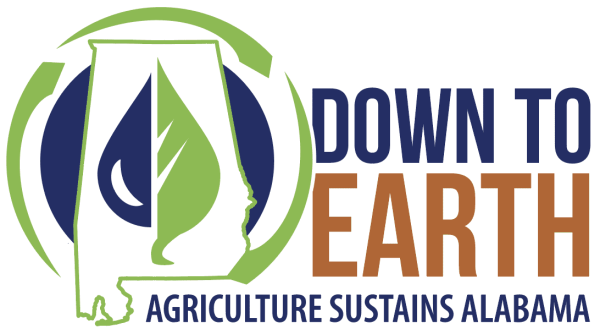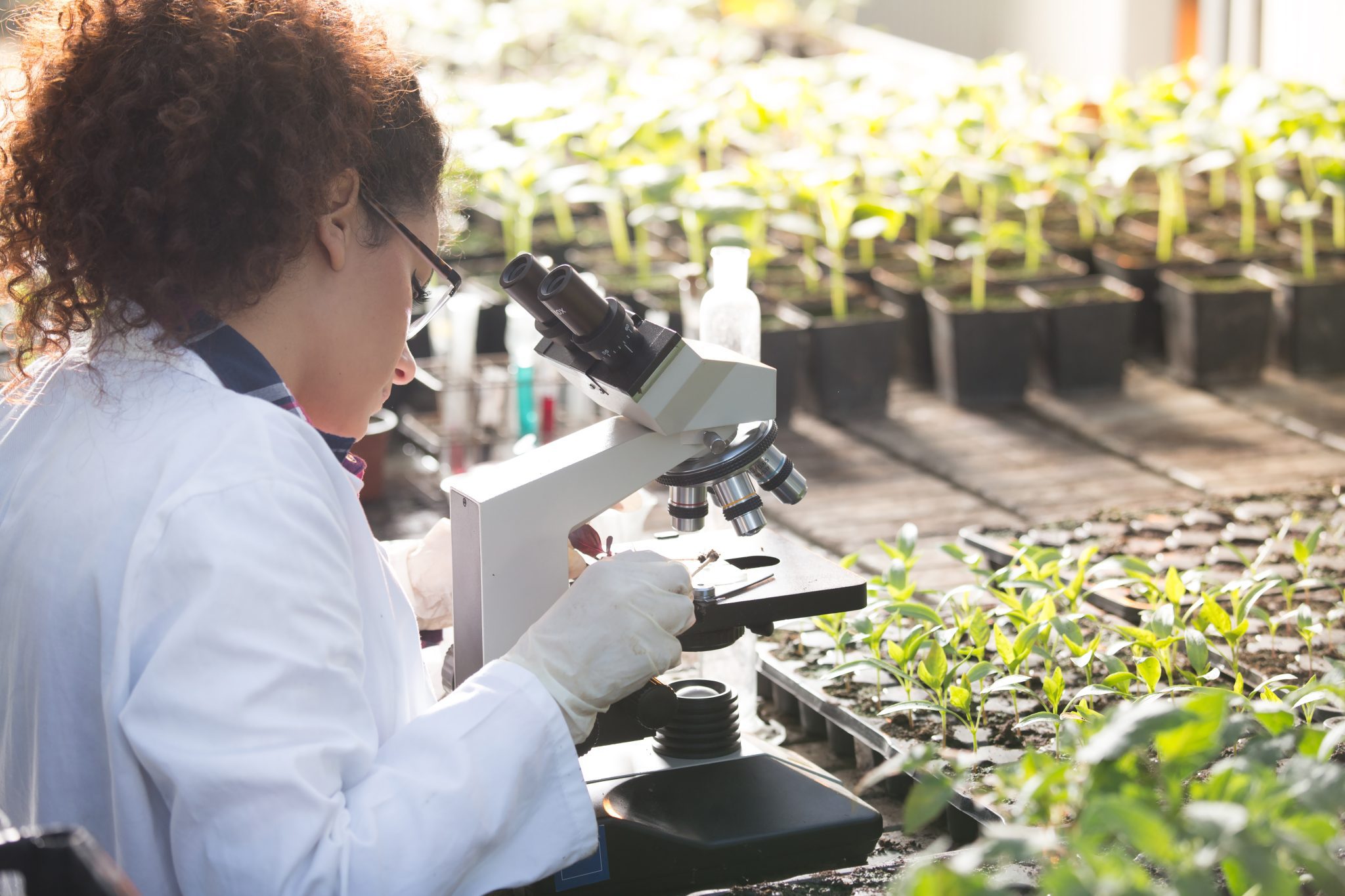Farming

AUBURN UNIVERSITY, Ala. – For the world to be fed sustainably in the 21st century, agricultural innovation using biotechnology is key. Research and implementation of genetically modified organisms (GMOs) is one way that the agricultural industry is unlocking the future for the next generation.
What is a GMO?
According to Alabama Cooperative Extension System Home Grounds Specialist Rudy Pacumbaba, the term GMO is broadly used to describe organisms of genetic change.
“The term is inaccurately used to exclusively describe bioengineered organisms, which are created using genetic engineering techniques,” Pacumbaba said. “Most products developed and produced in agriculture originate from human intervention using selective breeding practices or techniques resulting in a genetically modified product.”
Today, there are only 11 bioengineered organisms currently approved by the USDA for production in the United States. Bioengineered organisms include corn, soybean, cotton, papaya, alfalfa, squash, sugar beets, and salmon. Common examples of GMOs include seedless watermelon, ruby red grapefruit, honey crisp apples and sweet corn.
How do GMOs affect you?
 The next time you are walking through the grocery store, stop and look at a few of the products you are buying. It is likely that you will see a label claiming the product is non-GMO. Yes, some of these products may not be a product of genetic modification. However, some of the ingredients used to make that product could potentially be a GMO. Marketing is at the forefront of selling these products.
The next time you are walking through the grocery store, stop and look at a few of the products you are buying. It is likely that you will see a label claiming the product is non-GMO. Yes, some of these products may not be a product of genetic modification. However, some of the ingredients used to make that product could potentially be a GMO. Marketing is at the forefront of selling these products.
Pacumbaba said it is important to clear the air about GMOs. These products are entirely safe and appropriate for human use and consumption. They also help improve efficiencies within the agricultural industry. By using GMOs, farmers do not have to operate equipment as often, decreasing carbon dioxide (CO2) emissions. GMOs also reduce the need for chemical herbicides and pesticides use.
“The most common misconception is that GMOs are unsafe for human use and the environment,” Pacumbaba said. “You do not need to be afraid of GMOs.”
For comparison, cattle farmers use the best-of-the-best traits from each animal of their herd when breeding. Plant breeders also use similar methods to make the ultimate seed product for crop production. Using scientific research, the natural, existing DNA from separate organisms are combined to create the best version of a species. These variations allow for better production efficiency, enhanced nutrients and resistance to disease, pests and climate changes.
The Future of Agriculture
Research is the fuel of sustainable agricultural practices. Thanks to science, farmers have a variety of new technologies at their disposal. Pacumbaba said that applying new knowledge will help famers add efficiencies to their toolbox.
“GMOs and bioengineering is a result of many years of research at our land grant institutions–Auburn University and Alabama A&M University–and others across the nation,” Pacumbaba said. “They strive to discover new ways to help consumers, farmers and our environment as a whole.”
As the world’s population increases, sustainable agricultural practices are paramount. In order to feed the world, science remains as the basis for advancement, such is the practice of bioengineering.
More Information
More information on GMOs is available in the Alabama Extension publications GMO Food Facts: Bioengineered Crops and Understanding the GMO Bioengineered Food Labeling Law. For more information on how Alabama Extension is helping famers unlock their potential, visit www.aces.edu.
Down to Earth: Agriculture Sustains Alabama
Alabama Extension is getting Down to Earth. Why? Because agriculture sustains Alabama. Whether your ag experience is in the grocery store, in the classroom or as your profession—Extension has a resource for you.
We are proud to be partnering with the Alabama Agribusiness Council, the Alabama Cattlemen’s Association, the Alabama Department of Agriculture and Industries, the Alabama Farmers Federation, the Alabama Poultry and Egg Association, the Alabama Forestry Commission, Sweet Grown Alabama and the Alabama Association of RC&D Councils.
Alabama Extension’s Down to Earth resources are available at www.aces.edu/go/DowntoEarth.


